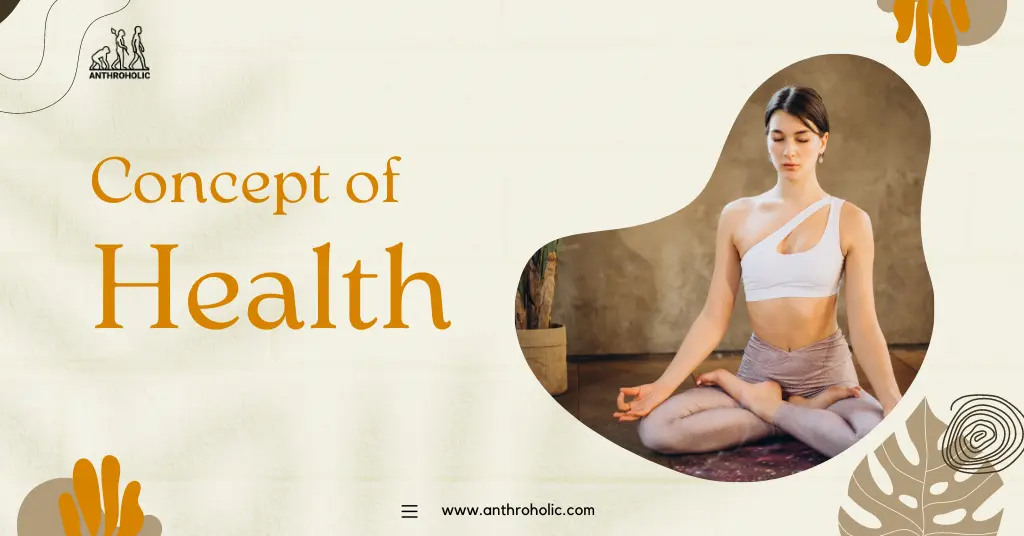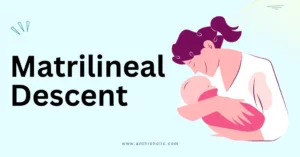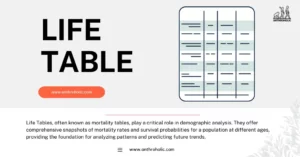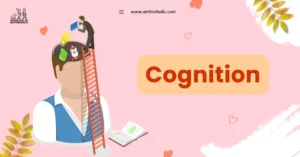AI Answer Evaluation Platform Live Now. Try Free Answer Evaluation Now
Concept of Health
The concept of health has evolved and diversified throughout history, adapting to various cultural, technological, and social contexts. By examining different cultures, societies, and historical periods, we can arrive at a more nuanced understanding of what it means to be “healthy.”

Historical Perspectives on Health
Ancient Civilizations
In ancient Greece, the concept of health was closely tied to balance and the four humors [1]. A similar idea was prevalent in ancient Chinese medicine, where health was associated with the harmony of Yin and Yang [2].
Table 1: Ancient Concepts of Health
| Civilization | Concept of Health |
|---|---|
| Greece | Balance of the four humors |
| China | Harmony of Yin and Yang |
| India | Alignment of bodily humors (Doshas) [3] |
Medieval and Renaissance Views
During the medieval period in Europe, religious and spiritual factors played a prominent role in defining health [4]. The Renaissance saw a shift towards scientific understanding, with figures like Paracelsus challenging traditional views.
Cultural Perspectives on Health
Western Perspectives
In Western societies, the biomedical model has dominated the understanding of health, emphasizing physiological functions and medical interventions. The focus on physical wellness sometimes overlooks mental and social aspects, leading to debates about a more holistic approach to health.
Eastern Perspectives
Eastern traditions often incorporate spiritual, mental, and social dimensions of health. For example, the Indian system of Ayurveda emphasizes balance across various domains of life.
Indigenous Perspectives
Indigenous cultures across the world offer unique insights into the concept of health, often integrating physical, mental, spiritual, and community well-being. For example, the Aboriginal perspective in Australia emphasizes connection to land and community as vital components of health.
Comparative Table of Cultural Perspectives
Table 2: Cultural Perspectives on Health
| Perspective | Focus |
|---|---|
| Western | Biomedical Model |
| Eastern | Holistic Balance |
| Indigenous | Community and Spiritual Connection |
Modern Understanding of Health
World Health Organization (WHO) Definition
The WHO’s definition of health as “a state of complete physical, mental, and social well-being and not merely the absence of disease or infirmity” represents a global consensus. This definition has influenced national health policies and has led to a broader understanding of health.
Holistic Health Movement
In recent decades, there has been a shift towards a more holistic understanding of health, encompassing mental, emotional, and social aspects. This movement has led to the emergence of alternative therapies and practices such as yoga, meditation, and mindfulness.
Health and Technology
Technology has greatly impacted the way health is understood and managed. Telemedicine, wearable health trackers, and health information systems are transforming healthcare delivery and empowering individuals to take control of their health.
Mental Health
Mental health is increasingly recognized as an essential part of overall well-being. The stigma around mental health conditions is slowly diminishing, and there is growing support for mental health awareness and treatment.
Challenges and Ethical Considerations
Global Health Inequality
Health outcomes vary greatly across and within countries. Factors such as socio-economic status, education, and access to healthcare contribute to significant health disparities.
Ethical Considerations in Health
Ethical dilemmas in healthcare include issues related to autonomy, informed consent, confidentiality, and resource allocation. Balancing individual rights with community interests remains a complex challenge.
Conclusion
The concept of “healthy” is multifaceted and deeply ingrained in the cultural, historical, and societal context. This exploration underscores the importance of understanding health from various perspectives to foster a more inclusive and compassionate approach to healthcare.
References
[1] Hippocrates. (400 BCE). “On the Humours.”
[2] Wang, L. (2012). “The Philosophical Foundations of Traditional Chinese Medicine.”
[3] Sharma, H. (2015). “Ayurveda: The Science of Life.”
[4] Porter, R. (1997). “The Greatest Benefit to Mankind: A Medical History of Humanity.”




